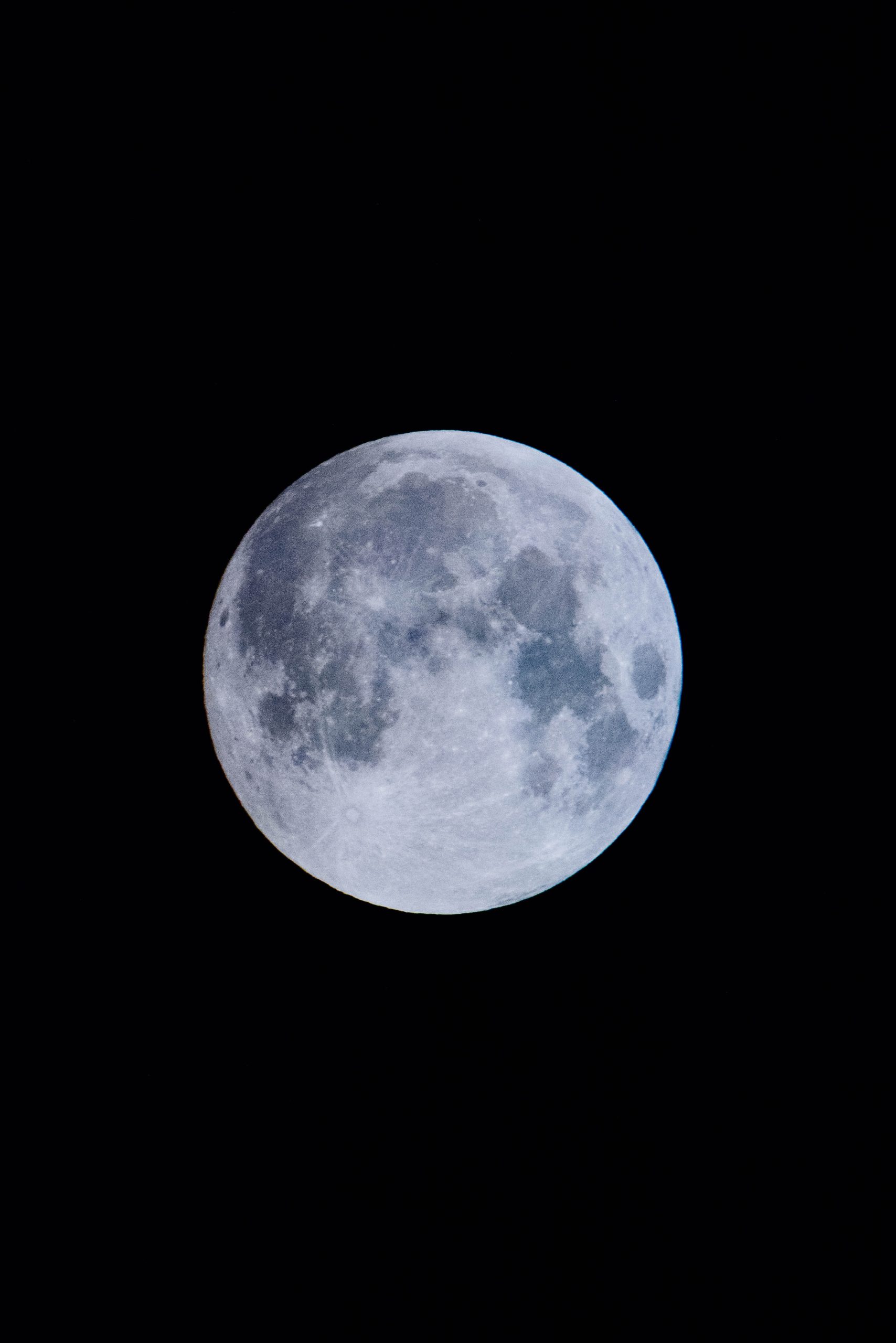Moon Phases Effects on Mood: Exploring the Celestial Connection
Have you ever noticed how your mood seems to shift with the changing phases of the moon? Many people embrace the idea that the moon’s cycles can influence our emotional state and behavior. While some skeptics dismiss it as mere folklore, there is growing evidence to suggest that the moon does indeed have an impact on our mood. In this article, we will delve into the fascinating world of lunar phases and their potential effects on our emotional well-being.
Understanding the Moon Phases
Before we explore the connection between moon phases and mood, let’s first understand the different phases the moon goes through during its monthly orbit around the Earth. The moon’s cycle consists of eight primary phases:
- New Moon
- Waxing Crescent
- First Quarter
- Waxing Gibbous
- Full Moon
- Waning Gibbous
- Third Quarter
- Waning Crescent
Each phase represents a different amount of illumination on the moon’s surface as viewed from Earth. In simpler terms, it describes whether the moon appears fully illuminated, partially illuminated, or not visible at all.
Historical Beliefs and Folklore
The concept of moon phases influencing human behavior is deeply rooted in folklore and cultural beliefs that date back thousands of years. Ancient civilizations often associated the different lunar phases with various natural phenomena and human emotions.
For example, the full moon has long been linked to increased fertility, erratic behavior, and even werewolf legends. Similarly, many cultures believe that the waxing moon promotes growth and abundance, while the waning moon signifies release and letting go.
While anecdotal evidence and cultural beliefs provide fascinating insights into our historical relationship with the moon, they alone are not sufficient to establish a scientific correlation between moon phases and mood. Let’s delve into the scientific findings that shed light on this intriguing phenomenon.
Scientific Studies on Moon Phases and Mood
Over the years, researchers have conducted several studies to explore the potential connection between moon phases and human mood. Though the findings are not unanimous, some studies suggest a notable association between lunar cycles and emotional well-being.
A study published in the Journal of Affective Disorders examined the self-reported mood swings of participants over a lunar month. The researchers found that participants experienced higher levels of negative mood during the full moon and slightly elevated rates of positive mood during the new moon.
Another study, published in the journal Comprehensive Psychiatry, investigated the sleeping patterns of participants in relation to lunar phases. The researchers observed that participants experienced decreased sleep duration and increased sleep disruption during the full moon phase.
While these studies provide intriguing insights, it is important to note that many other studies have failed to find a significant correlation between moon phases and mood. The complexity of human emotions and the multitude of factors influencing our mood make it challenging to establish a direct causal link between lunar cycles and emotional states.
Potential Explanations for the Lunar Effect
Although the exact mechanism behind the moon’s influence on mood remains uncertain, researchers propose several theories to explain this phenomenon.
Circadian Rhythm Disruption
One possible explanation is the disruption of our circadian rhythm during the full moon phase. The increased brightness during the night might interfere with melatonin production, a hormone crucial for regulating sleep-wake cycles. This disruption could potentially lead to sleep disturbances and subsequent mood changes.
Psychological Priming
Psychological priming refers to the phenomenon where exposure to certain stimuli can influence our thoughts, feelings, and behavior. Some researchers speculate that cultural and historical beliefs surrounding moon phases create a psychological expectation of mood changes. Consequently, individuals may perceive their mood to be more affected during specific lunar phases due to psychological priming.
Selective Attention and Confirmation Bias
Another explanation involves selective attention and confirmation bias. Selective attention refers to our tendency to focus on specific stimuli while filtering out others. Confirmation bias occurs when we actively seek out information that confirms our preexisting beliefs or expectations. In the context of moon phases and mood, individuals may pay more attention to their emotional state during specific moon phases, resulting in a perception of a lunar effect on mood.
Conclusion
While the debate on moon phases’ impact on human mood continues, it is evident that there is still much to learn about this intriguing topic. Scientific evidence remains inconclusive, with some studies showing a correlation between lunar cycles and mood, while others find no significant relationship.
Whether you believe in the moon’s influence on mood or not, it is essential to recognize that our emotions and behaviors are influenced by a multitude of factors, including our internal state, external environment, and personal experiences.
Keeping an open mind and embracing the mysteries of nature can enrich our understanding of the world around us. So, the next time you gaze up at the moon, take a moment to reflect on its beauty and contemplate the potential connection it may have with your own emotional landscape.
Table of Contents
